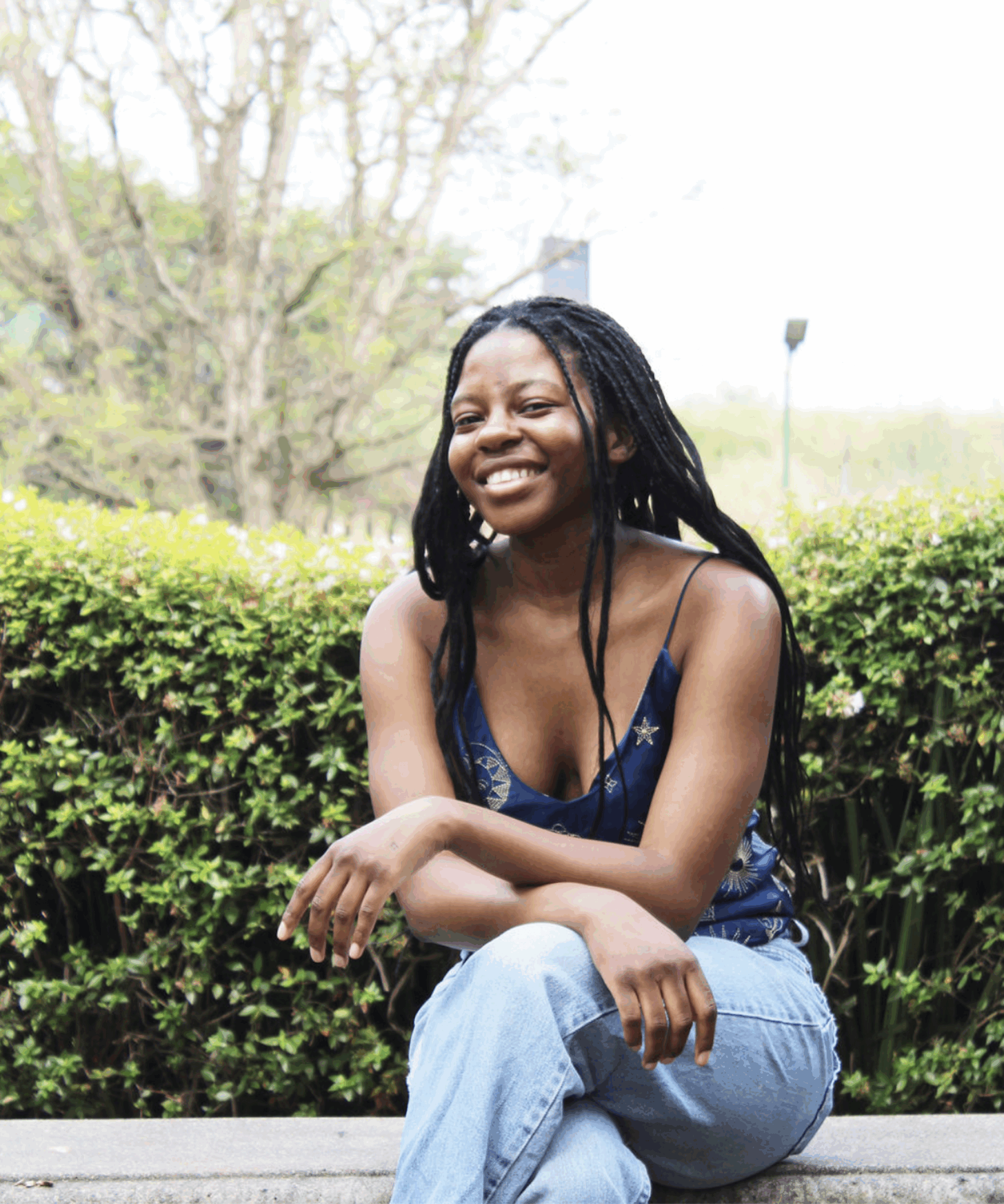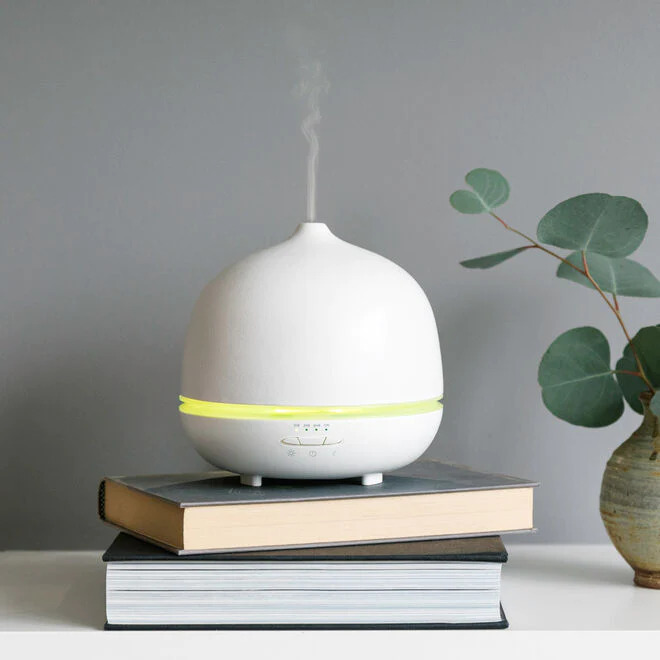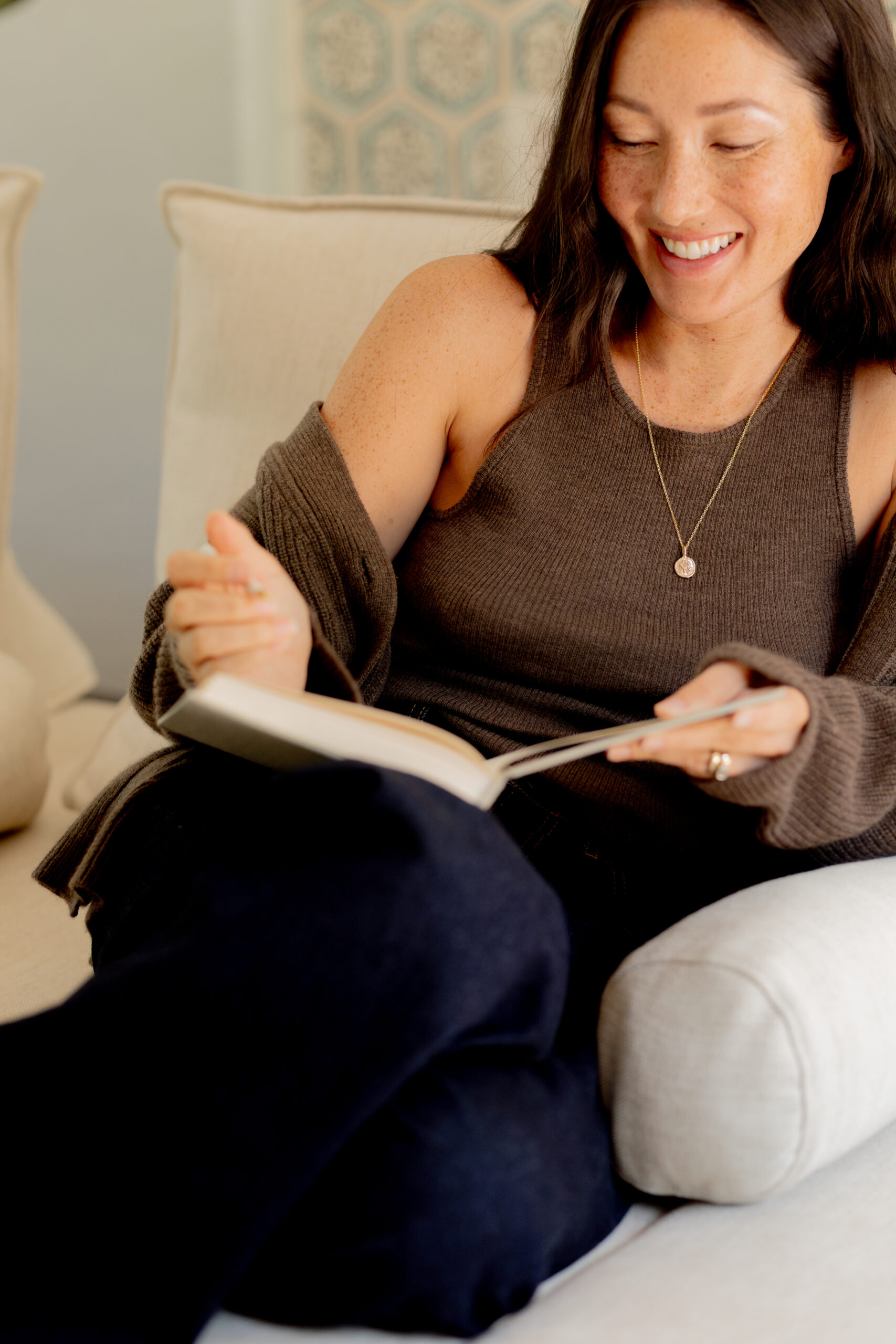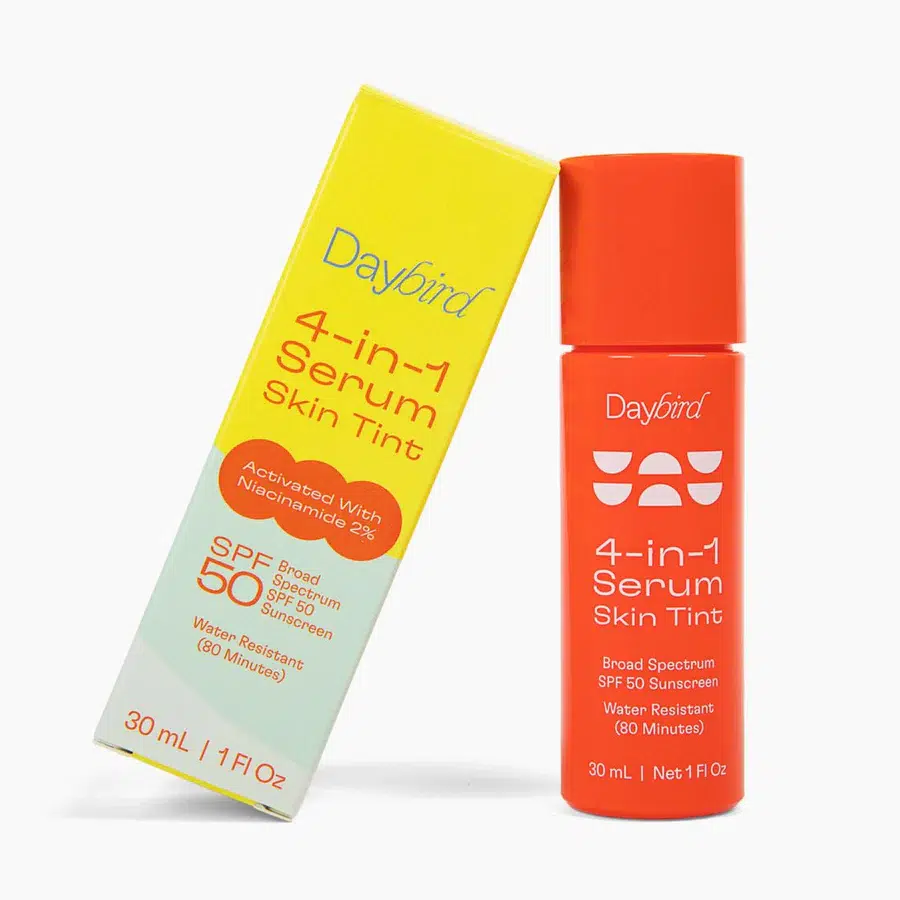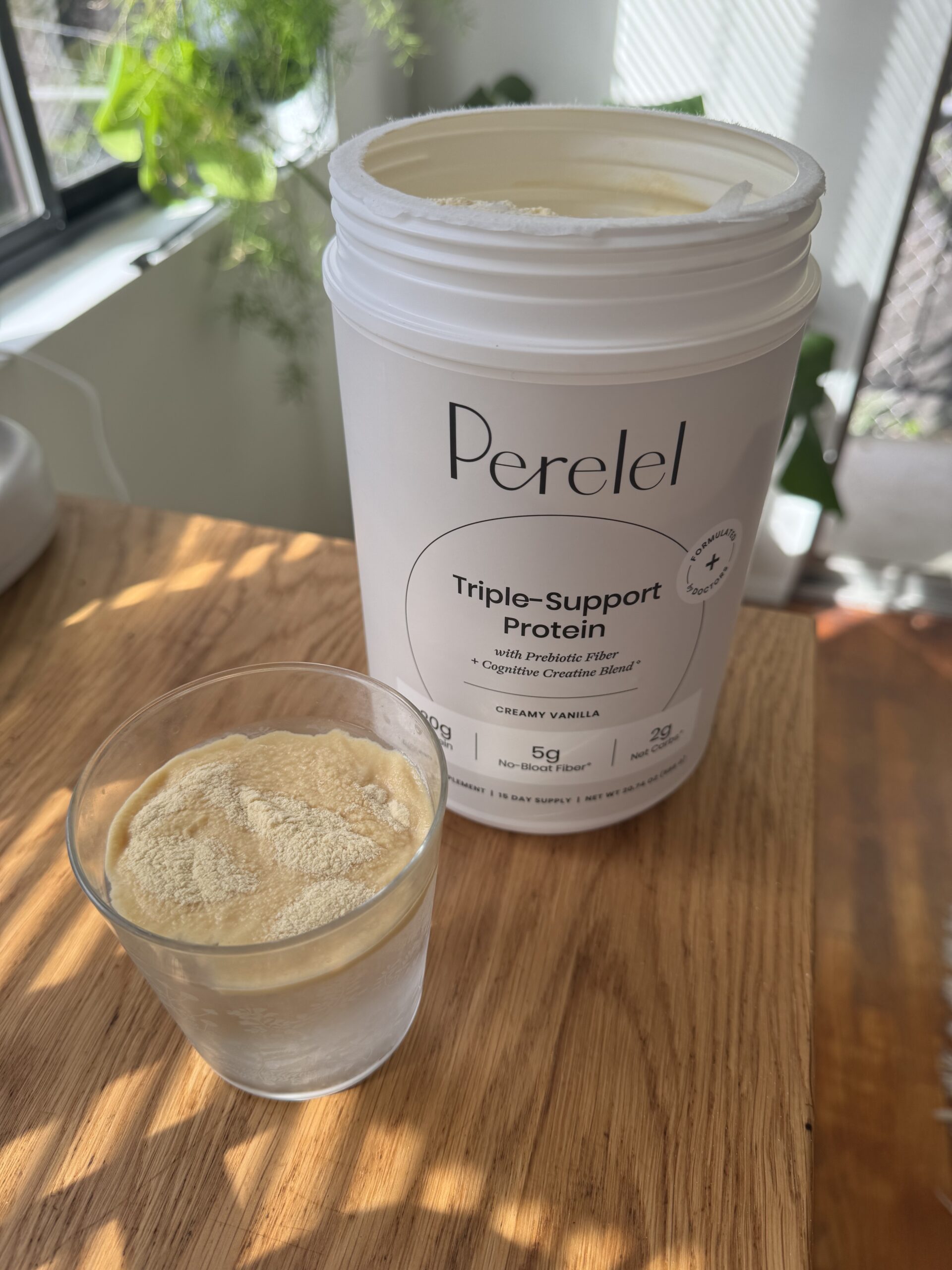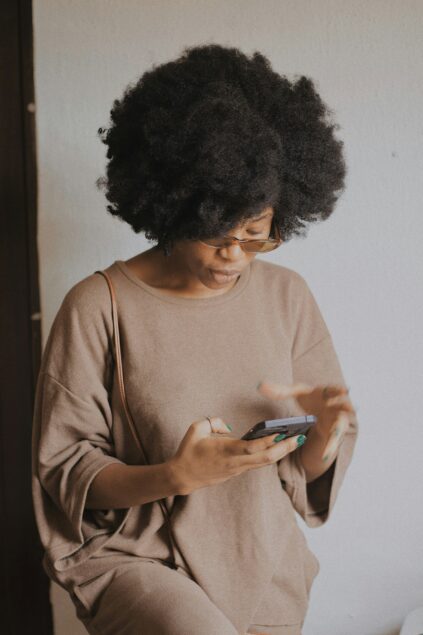
10 Anti-Racism Educators To Follow And Support Online
What is anti-racism in 2025? Were we naive to hope that the Black Lives Matter movement would have a transformative effect on society? Maybe. But looking back at that time, when public allyship had never felt so strong and words like “anti-racism” entered the collective lexicon, it still feels like we made a decade of progress in just a few months.
Tearing down the veneer of post-racial America was necessary work. We acknowledged the importance of diversity, equity, and inclusion, as well as confronting the persistence of systemic racism in America on the world stage. However, just half a decade later, it seems like we’re starting from scratch. The global rise of fascism, the anti-intellectual push to forget our history, and the rollback of many DEI programs can make it feel like we’re worse off than we ever were.
“The hard times remind us that all we have is each other. And that in the most hopeless times, all this is still worth fighting for.”
When I spiral into racial doomism, I remember that we are all connected and so is all of this — every resistance movement giving way to a process of grief. So often, it gets worse before it gets better. From the collective support for immigrants and undocumented folx in Los Angeles to the nationwide No Kings protests, the hard times remind us that all we have is each other. And that in the most hopeless times, all this is still worth fighting for. Instead of getting complacent with the progress we made in 2020, this moment is calling us to elevate our actions and devote ourselves to our anti-racist practices.
For me, the core philosophy that keeps the heart of my resistance efforts beating is Afrofuturism. Afrofuturism, a philosophy embedded in Black Feminism, challenges us to imagine new worlds by embracing action alongside hope and knowledge. It’s an antidote to performative action and allyship, and, perhaps even more powerfully, a reminder that all we have is our collective power to dream a world better than this one.
We all have a role in creating this future — and part of creating an anti-racist practice is creating anti-racist communities IRL and online. Action can mean taking part in book clubs, third spaces, protesting, and community advocacy. But online communities are also powerful tools to organize and get educated. But where do you find spaces and creators whom you can trust? How do you engage meaningfully in their communities?
“But where do you find spaces and creators whom you can trust? How do you engage meaningfully in their communities?”
What’s worked for me is this: Following anti-racist educators across industries, specialties, and niches who remind me that anti-racism is work that is worth doing, and must be done, in all areas of our lives. But it’s easy to follow a bunch of accounts and let them fall to the bottom of your algorithm. Following anti-racist creators should be one part of your activism, usually a propulsive force that inspires and educates you so you can show up in life and in community with energy, enthusiasm, and hope. Below are some of the most inspiring creators that I follow, and I hope you will too.
1. Nicole Cardoza
Nicole Cardoza, aka the Black Girl Magician, describes herself as a “magician, writer, philanthropist, facilitator.” She runs the newsletter and community Reimagined (@ardtakeaction, formerly Anti-Racism Daily) to platform and support movement leaders reimagining our collective future.
In a recent post reflecting on the five years since 2020, she said: “This isn’t easy work. But we don’t do it alone. We’re still here.” We all need to hear that.
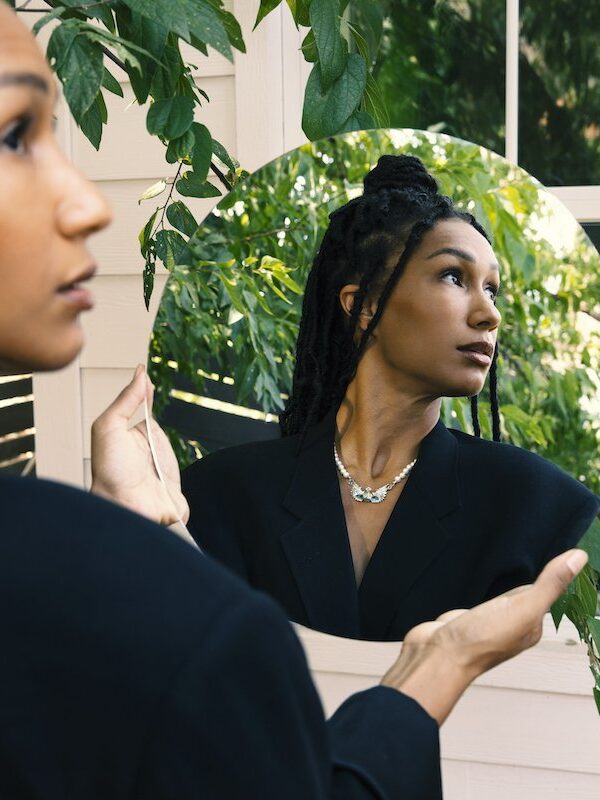
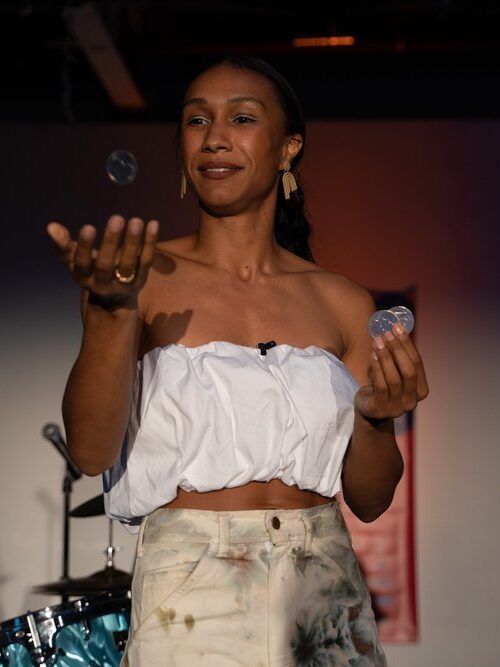
Website | Instagram
2. Rachel Cargle
Activist, author of “Author of A Renaissance of Our Own: A Memoir & Manifesto on Reimagining,” Rachel Cargle is an educator committed to providing resources to support Black women.
She is the founder of the Loveland Foundation, which works to reimagine a mental health care system accessible to Black women. She also runs The Great Unlearn on Patreon, which offers “sources and critical discourse to aid in unlearning.”
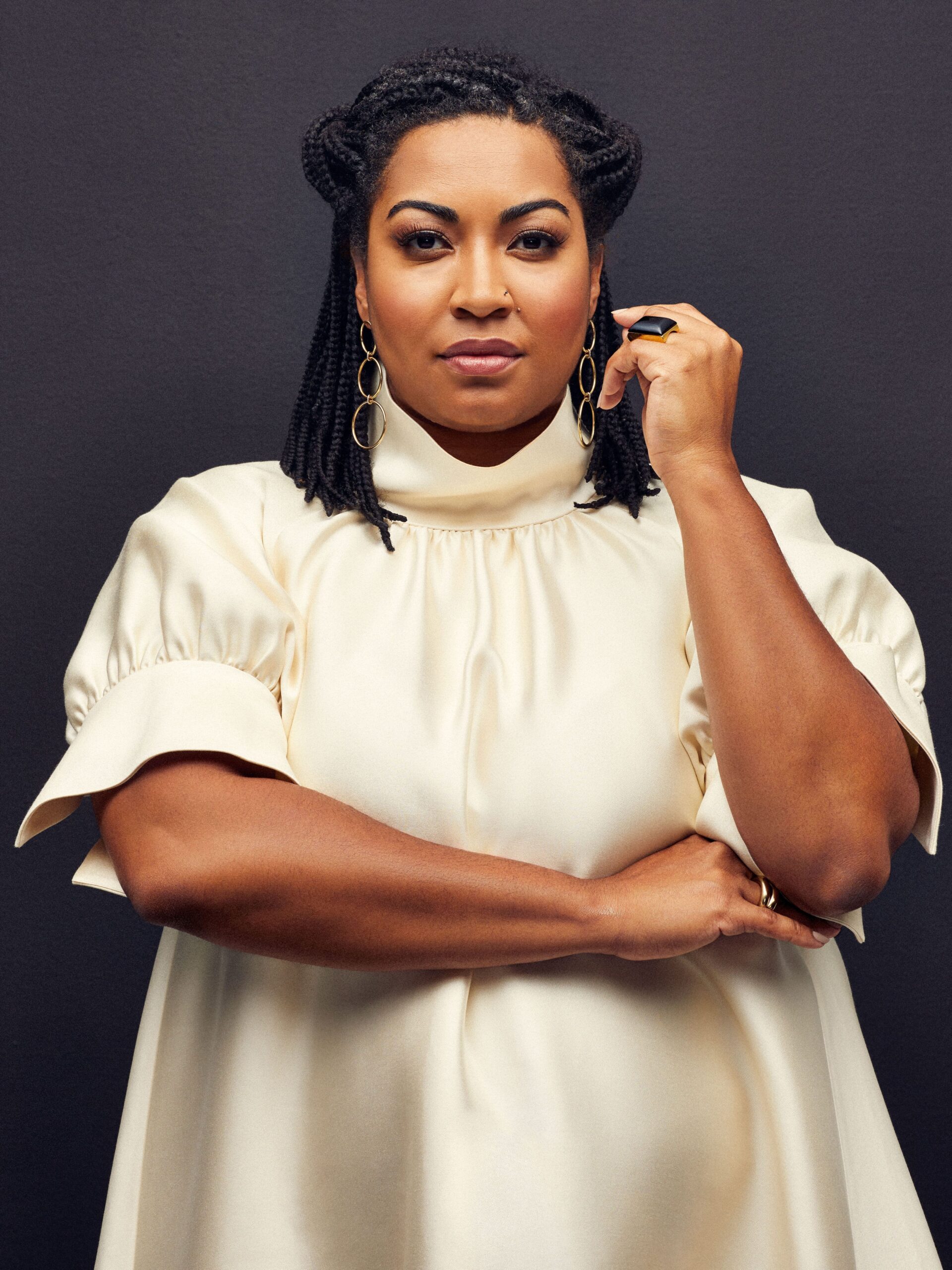
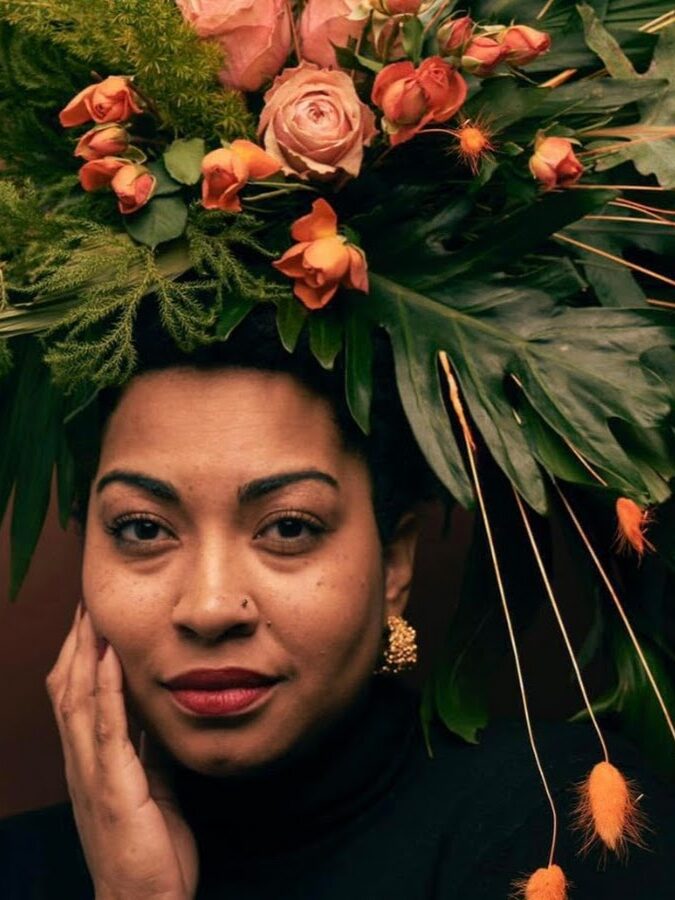
Website | Instagram | Patreon | Books
3. Andréa Ranae
Feel called to participate in anti-racist action? Don’t know how and where to start making change in your community? Andréa Ranae is an artist, writer, and guide who creates resources to help people define and make their contribution to social change.
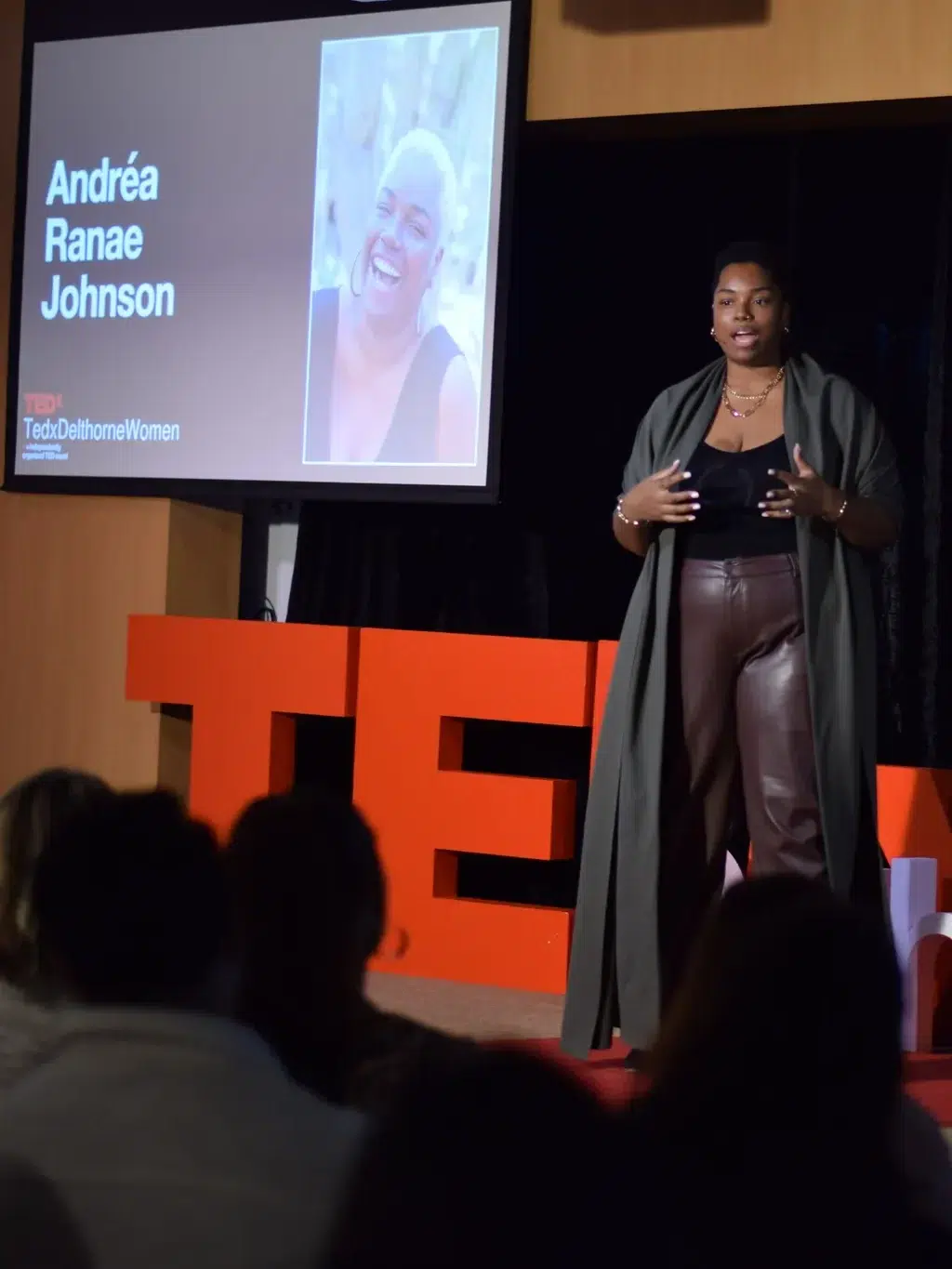
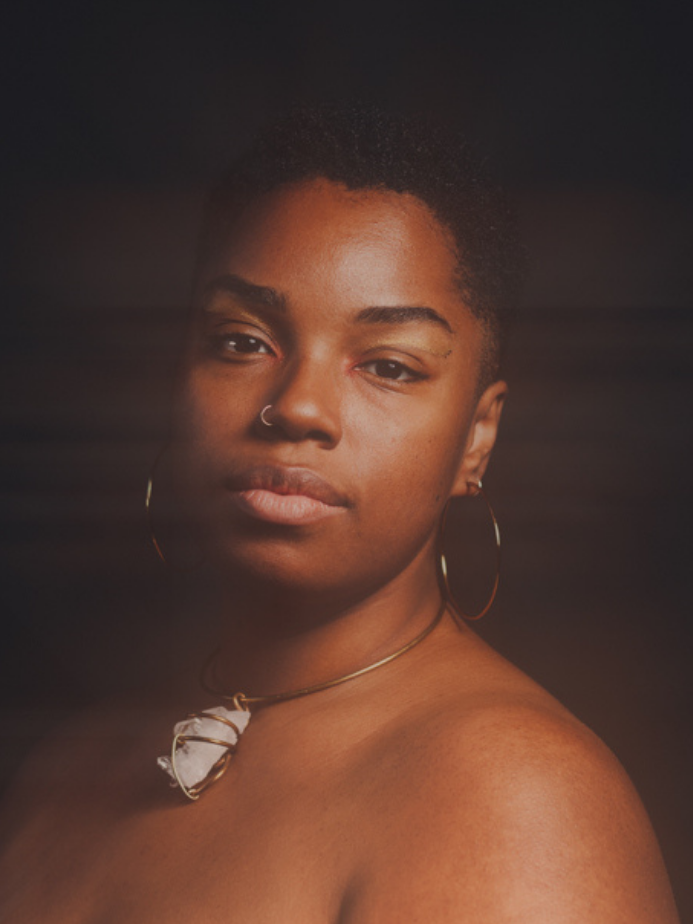
Website | Instagram | Music
4. 15 Percent Pledge
In 2020, award-winning designer Aurora James called on retailers to contractually commit 15% of their annual spend to Black businesses. This birthed the 15 Percent Pledge, which furthers this mission by providing resources, education, and grants for Black-owned businesses.
Website | Instagram | Podcast
5. Wawa
Wawa Gatheru is the founder of Black Girl Environmentalist, a national org dedicated to empowering Black girls, women, and gender-expansive people across the climate movement, through which she advocates for intersectional climate action and an anti-racist approach to climate justice.
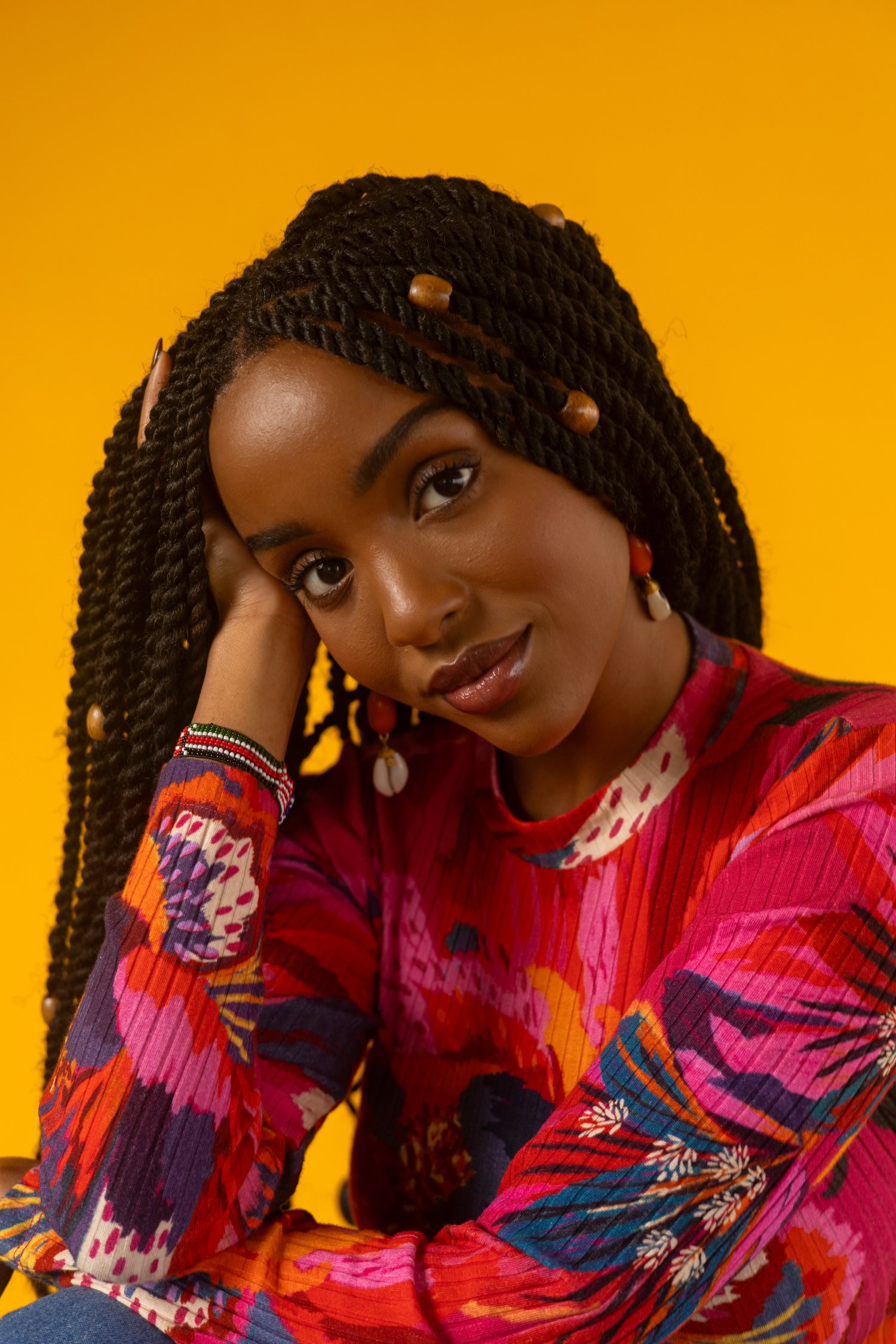
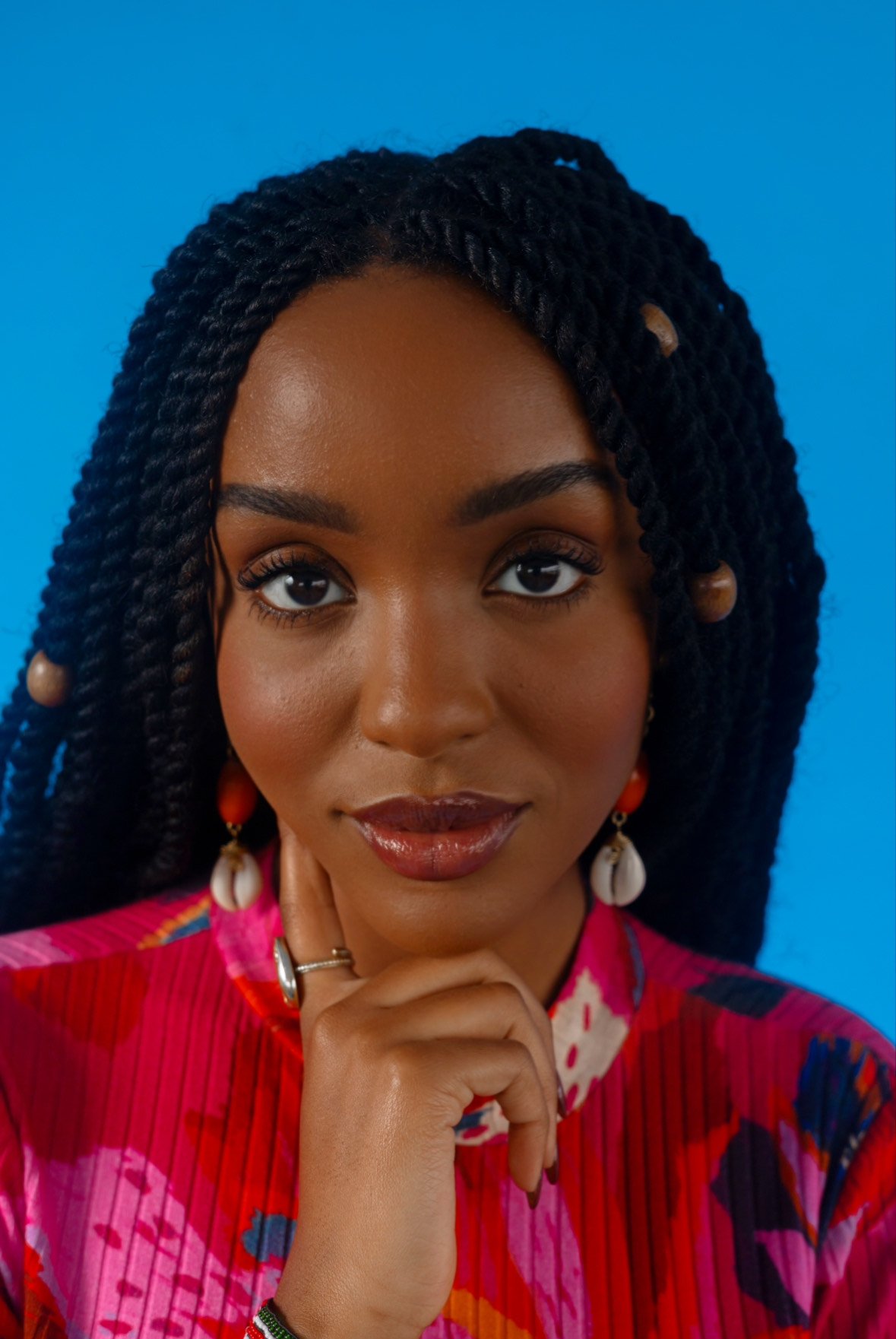
Website | Instagram
6. Tomi Talabi
As the founder of The Black Beauty Club, Tomi works to challenge dominant narratives about beauty hierarchy while also expanding our notion of beauty beyond Eurocentrism.
LinkedIn | Instagram
7. Camille Tenerife
Camille Tenerife is a licensed marriage and family therapist (LMFT) advocating for healing and self-actualization through racially informed therapy for people of color by people of color. Her social media presence breaks down common patterns and challenges BIPOC people face, from family to relationships and career, creating an anti-racist space in the oft-inaccessible therapy space.
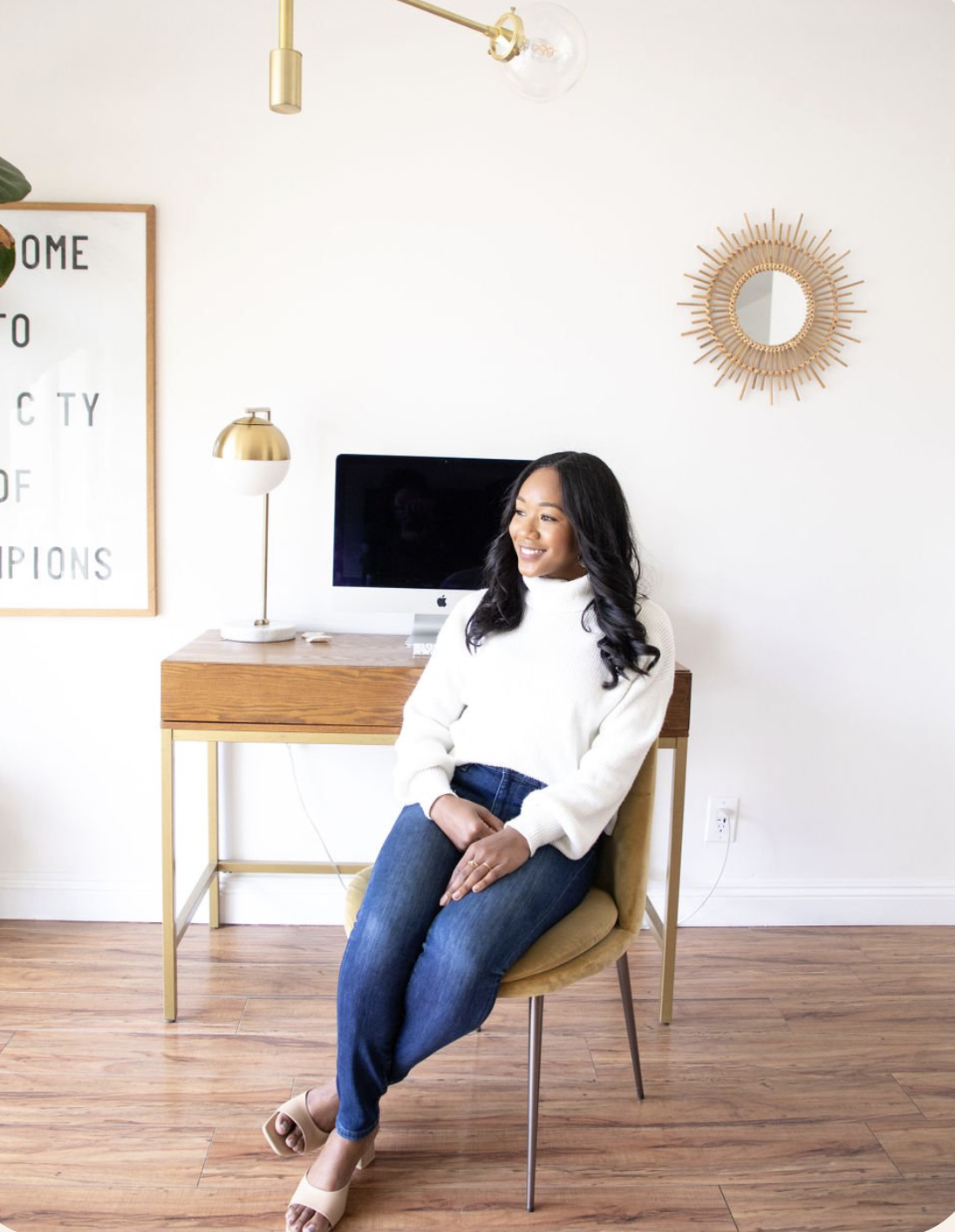
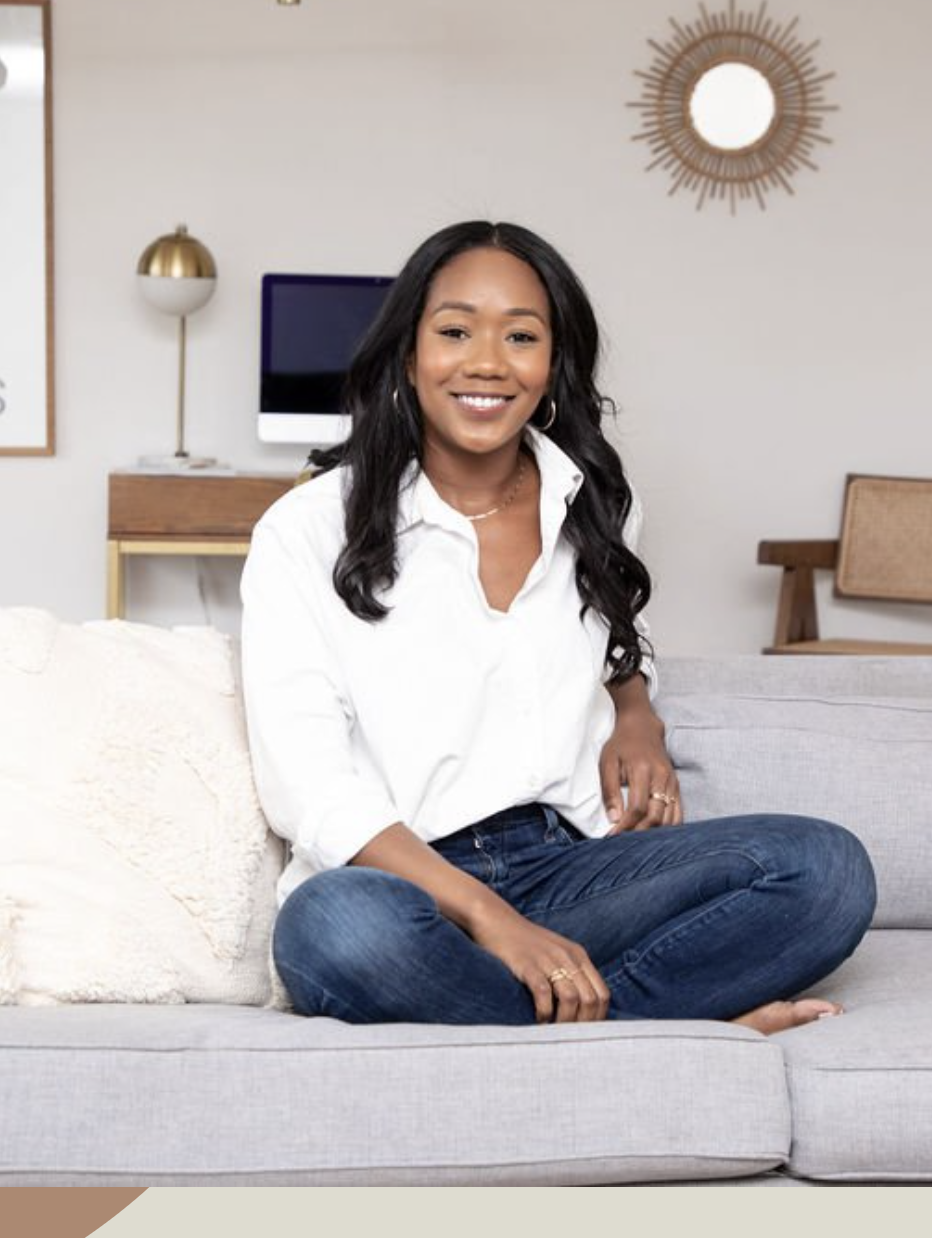
Website | Instagram
8. Janea Brown
An ex-influencer, Janea Brown left a successful content creation career in Los Angeles to pursue direct community action and share resources online. Her content is an entry-point for people curious about making activism part of their lives and decreasing their dependence on capitalist systems over community. With guides like “How To Boycott with Low Energy” and “What I Wish Someone Told Me Before Boycotting,” she’s like your boycotting big sister using her influencer skills for anti-racist collective building.
LinkedIn | Instagram | YouTube
9. United We Dream
United We Dream is the largest immigrant youth-led community in the country, and their work centers on advocacy for immigrants in the U.S. They provide resources for people affected by immigration policies and enforcement — and they also provide community for immigrant youth and their families.
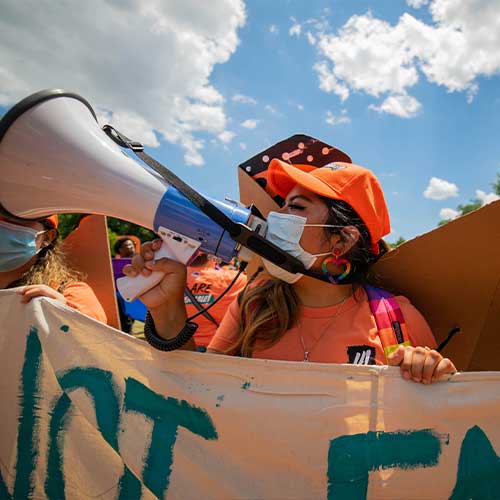
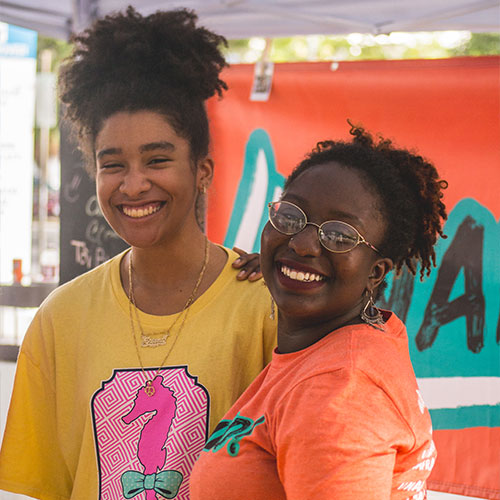
Website | Instagram | YouTube
10. Maryam Ajayi
As the founder of Dive In Well, Maryam works to make the wellness industry more accessible and inclusive. She is a speaker, breathwork instructor, and yoga teacher, creating community through wellness. Her work helps people nourish themselves so they can pour into their communities.
Website | Instagram
Langa Chinyoka is a Contributing Editor at The Good Trade. She is a writer and strategist based in Los Angeles.
